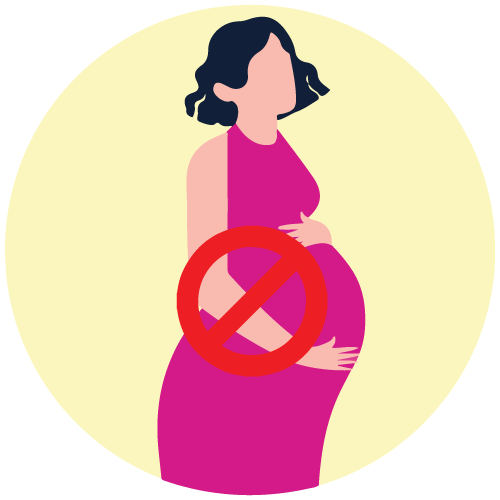| Name | Pregnancy Termination |

Pregnancy Termination
Pregnancy termination, also known as abortion, refers to the ending of a pregnancy before the fetus has developed enough to survive outside the womb. Pregnancy termination can be spontaneous, in the form of a miscarriage, or it can be induced through medical or surgical methods.
There are several reasons why a woman may choose to terminate a pregnancy, including unintended or unwanted pregnancy, health concerns for the woman or the fetus, and issues related to timing or personal circumstances.
Medical methods of pregnancy termination involve taking medication to end the pregnancy, while surgical methods involve a procedure to remove the fetus from the uterus. The method used depends on several factors, including the gestational age of the pregnancy, the woman's health and medical history, and personal preferences.
Access to safe and legal pregnancy termination is a fundamental aspect of reproductive health care, however, access to abortion services can be limited in some countries due to restrictive laws and policies.
It is important to consider all options and seek guidance from a healthcare provider before making a decision about pregnancy termination. It is also important to understand the potential risks and benefits of each method and to have access to accurate and up-to-date information to make an informed decision.
 Bangla
Bangla English
English